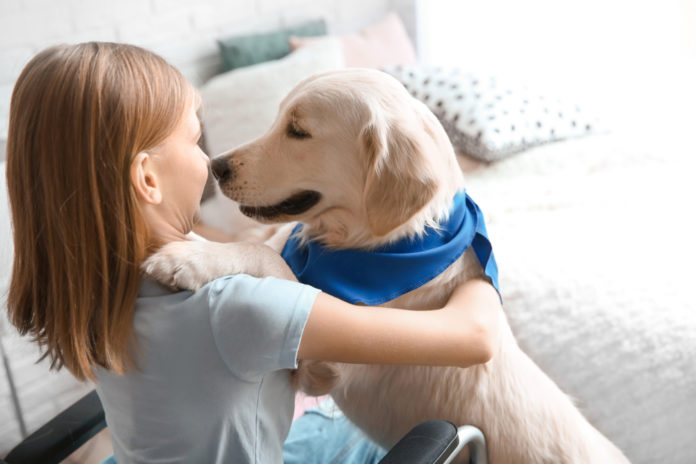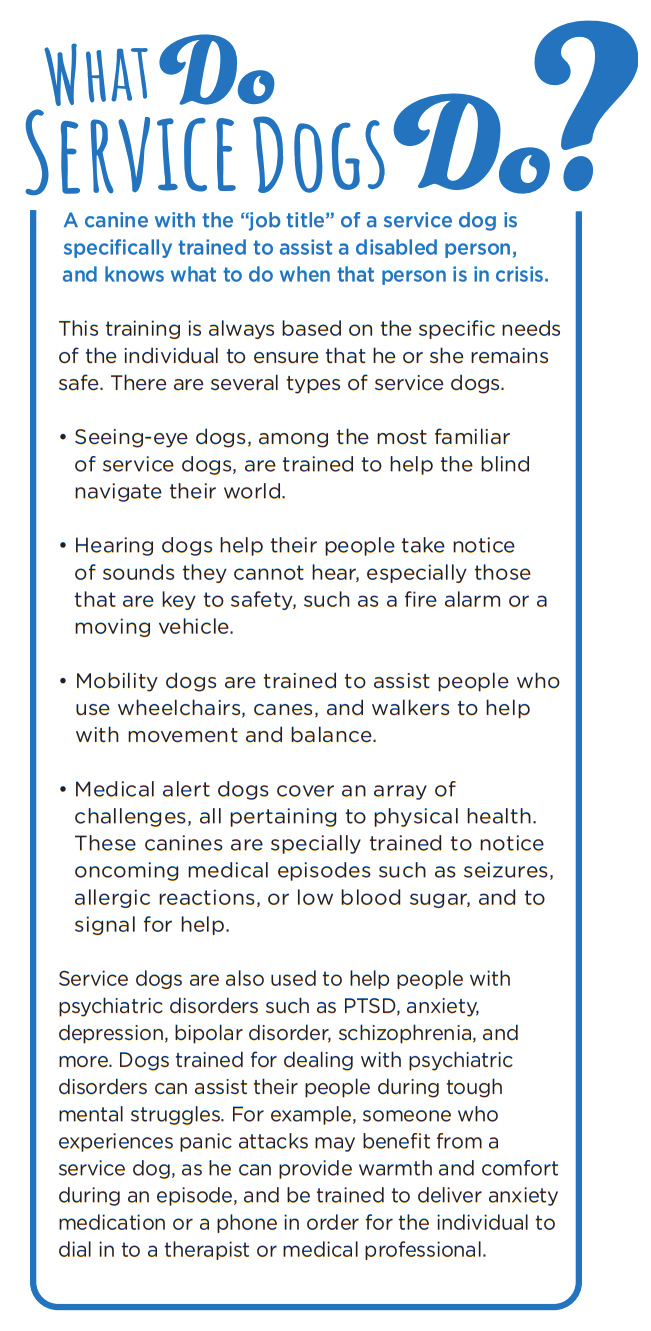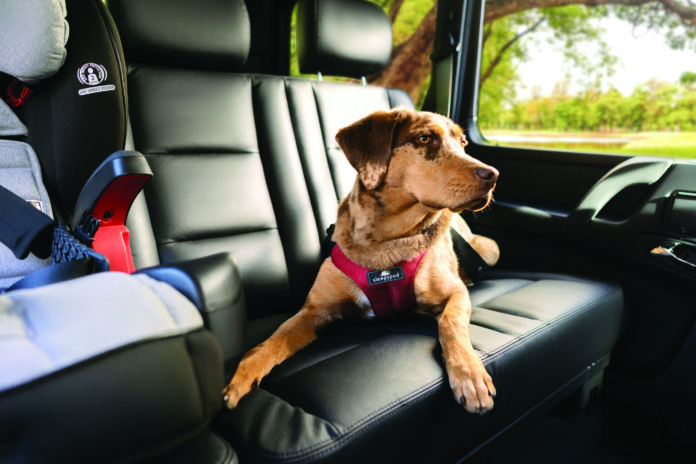Which breeds make the best service dogs?

Service dogs play a valuable role in the lives of those with long-term physical, mental, and emotional illnesses and disorders. Here’s a look at the breeds that make the best service dogs.
You already know what a positive impact your dog has on your happiness and well-being. But for people dealing with certain chronic illnesses or conditions, a canine companion in the form of a service dog can improve their quality of life beyond reckoning, and in many cases may even be life-saving. Are there certain breeds that are better suited for this type of work than others? Let’s find out.
What are the traits of an ideal service dog?
There is no rule stating what breed of dog best qualifies as a service dog. There are also no clear-cut answers as to which breed is ultimately the best. However, there are certain qualities that make some dogs better suited for service work than others.
- It’s vital that the dog is intelligent and intuitive. In order to become certified, he must be able to perform tasks. That means he must be able to learn and recall his lessons while in service. When it comes to intuition, it’s best to have a dog that is sensitive to cues and can evaluate a situation clearly with little stimulation.
- The dog must have a calm and friendly disposition. Service dogs will be placed in a variety of environments, so they must be capable of focusing on their jobs whether at home or in a crowd, in a quiet or noisy setting. This can be especially important if an individual requires medical attention and the dog is met with ambulance sirens and strangers surrounding his disabled human. Some dogs may instinctively become possessive, but it’s essential that a service dog lets the professionals do their jobs, just like he does his.
- Service dogs need to be people-pleasers. These types of dogs are more apt to bond with their people, creating a valuable and important level of trust. Dogs that are attached to the people they’re assisting through a bonded relationship are more apt to recognize the onset of an “episode” or other medical crisis.
6 breeds that excel at this type of work
Given the full list of qualities to consider when training a service dog, some breeds stand out from the rest.
 Golden retrievers
Golden retrievers
Good ’ol goldies are known for their friendly demeanor and eagerness to please. This quality, paired with their ability to pick up tricks quickly, make them ideal service dogs.
Labs
Labrador Retrievers are the most common service and therapy dogs. Similar to golden retrievers, these dogs tend to have a cheery disposition and the right smarts for this type of role.
German shepherds
German shepherds are well-known for assisting police officers, but they are also good helpers for people with disabilities. This breed is energetic, eager to learn, attentive, and loyal, making these canines perfect contenders for the role of a service dog.
Beagles
Though they are smaller than many traditional service dogs, beagles are quite common because of their intelligence and loyalty. “Beagles are also dedicated family dogs, making them a great option in family environments,” adds vet tech Amber LaRock.
Standard poodles
Poodles are sociable, which allows them to adapt to different situations and environments quite easily. Their intelligence and attachment to their people are also key qualities for service dog work.
Border collies
The border collie is typically eager to please. These dogs also love accepting praise when they do please, making them easy to train.
The bottom line is that while some breeds are better suited to be service dogs than others, there is no one “perfect” breed. What matters most is the dog’s ability to learn, his desire to please, and how he reacts to a variety of stimuli. Just as importantly, being able to form a close bond with the disabled person he’s assisting helps him excel at his job.



